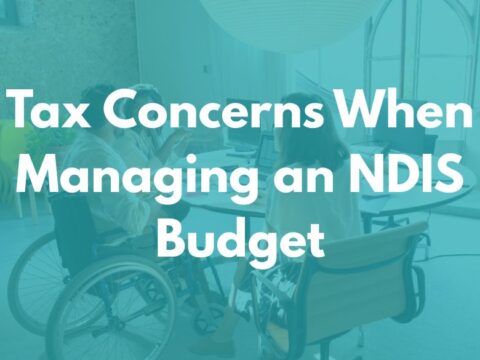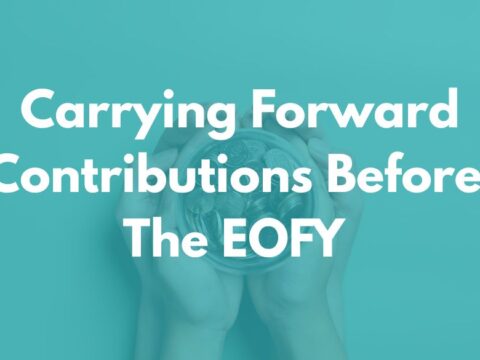Tips for Ensuring Your Business’s Regulatory Adherence With Super
Superannuation compliance is a crucial aspect of running a small business in Australia.
Ensuring that your business meets the regulatory requirements surrounding superannuation contributions is essential for avoiding penalties, maintaining employee trust, and safeguarding your business’s financial health.
Understand Your Obligations
The first step in ensuring superannuation compliance is understanding your employer obligations.
Familiarise yourself with the relevant legislation, including the Superannuation Guarantee (SG) laws, which require employers to contribute a percentage of their employees’ earnings to a complying superannuation fund. This rate is currently 11% but will increase to 11.5% on 1 July 2024.
Be aware of your reporting and payment deadlines to avoid late lodgment penalties.
Keep Accurate Records
Maintaining accurate records of superannuation contributions is essential for compliance and transparency.
Keep detailed records of employee wages, superannuation contributions, and any adjustments or corrections that had to be made. Use reliable accounting software or payroll systems to streamline record-keeping processes and ensure accuracy.
Calculate Contributions Correctly
Calculate superannuation contributions accurately based on the applicable superannuation guarantee rate and each employee’s earnings. Ensure contributions are calculated on ordinary time earnings (OTE) and include applicable allowances and bonuses. Use the ATO’s online Superannuation Guarantee Contributions Calculator or consult with a licensed adviser if you need clarification on your calculations.
Choose a Complying Superannuation Fund
If your employee does not have a stapled superannuation fund, you may have additional responsibilities as their employer.
Select a complying superannuation fund for your employees’ contributions that meets the requirements set out by the Australian Prudential Regulation Authority (APRA). Ensure that the chosen fund is registered and offers MySuper products that meet the minimum standards for fees and performance.
Make Timely Contributions
Make superannuation contributions for your employees on time and in accordance with the required frequency (typically quarterly).
Late or missed contributions can attract penalties and interest charges, so prioritise meeting your payment deadlines. Set up automated payment systems or reminders to ensure that contributions are made promptly.
Regularly Review and Update Processes
Superannuation compliance requirements may change over time, so staying informed and regularly reviewing your processes is essential to ensure ongoing compliance. Keep abreast of legislative updates, ATO guidelines, and industry best practices, and adjust your procedures accordingly.
Seek Professional Advice
If you need clarification on your superannuation compliance obligations or need assistance with record-keeping, calculations, or fund selection, consider seeking professional advice. Accountants, financial advisers, and HR consultants can provide valuable guidance and support tailored to your business’s needs.
Superannuation compliance is a critical aspect of managing a small business in Australia, with significant implications for employers and employees.
By understanding your obligations, keeping accurate records, calculating contributions correctly, choosing a complying superannuation fund, making timely payments, seeking professional advice, and regularly reviewing and updating your processes, you can ensure regulatory adherence and protect your business’s integrity.
Prioritise superannuation compliance as an essential component of your business operations, and you’ll avoid costly penalties while fostering trust and confidence among your employees.
IMPORTANT NOTICE
This blog post contains general information only and has been prepared by Allworths without reference to your objectives, financial situation or needs. Allworths cannot guarantee the accuracy, completeness or timeliness of the information contained here. By making this information available to you, we are not providing professional advice or recommendations. Before acting on any of the information contained here, you should seek professional advice.




